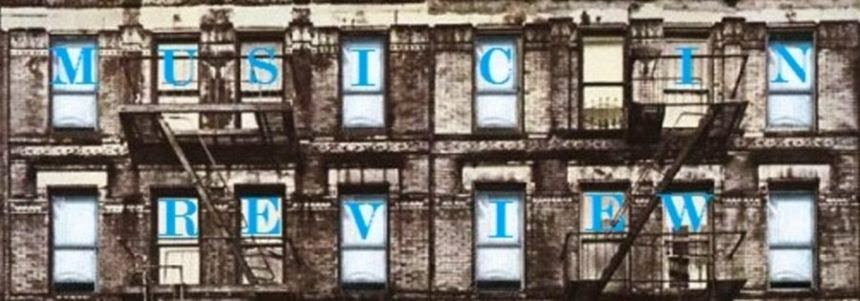I have seen a lot of people start projects and let them die as quickly as they dreamed them up, because the struggle is real, doing creative things is hard work and time consuming. Few people maintain a blog for a decade and even fewer maintain the consistency that I have, and I am happy to say this speaks to work ethic and will power.
I have been pondering what special song should be elected to represent the two hundredth music in review. I was at times counting down the reviews until this moment always thinking about I should hold up a uniquely worthy of number two hundred. A quick turn of phrase was charming enough to me to decide upon one of my favorite one hit wonders Europe and “The Final Countdown.”
The aptly named Europe is one of Sweden’s first notable rock bands. Europe, the band, created big waves outside of Europe, the continent, with their huge hit “The Final Countdown.” It was the eighties and “Final Countdown” is one of my favorite songs from the hair band era, so while I was not old enough to enjoy this hit’s songs rise and fall on the charts, and because of this I never heard the song until the mid 2000s. “The Final Countdown” somewhat disappeared from popular listening for a couple decades, and I cannot recall a time when I have ever heard it on terrestrial radio, but it has proven to have lasting power as many other than just myself have rediscovered and enjoyed the song at length.
“The Final Countdown” appears to be about space colonization. People leaving Earth and heading for Venus, where other living beings will greet them, and there is this curiosity regarding what the future holds and whether or not any of them will return to Earth. At least that is a fair assumption from the two verses provided:
“We're leaving together,
But still it's farewell,
And maybe we'll come back,
To earth, who can tell?
I guess there is no one to blame,
We're leaving ground,
Will things ever be the same again?
We're heading for Venus,
And still we stand tall.
'Cause maybe they've seen us,
And welcome us all, yeah.
With so many light years to go,
And things to be found,
I'm sure that we'll all miss her so.”
The unknown is the condition of the Earth. It would be fairly standard to tell a tale about how humankind has ruined the planet with pollution, and the single line that suggests to me that this is the case in “The Final Countdown” is “I guess there is no one to blame.” Blame for what? Blame for ruining Earth? This of course casts doubt as to whether our space wanderers will ever return. One thing is for certain, everyone leaving will miss her; her being Earth.
Ever since the invention of the electronic keyboard the sounds produced were part of progressive rock and used to assist in musically story telling of science fiction adventures. This method is being used in Europe’s “The Final Countdown.” It is clear from the lyrics we have a science fiction theme, but even without them, the opening synth which becomes the rhythm for the choruses and outro could not be mistaken as anything other than a grandiose space adventure. Amazingly this holds true for even instrumental acoustic and orchestra versions, though perhaps that has more to do with my mind’s already associated connection to such themes now imbedded into this song, no matter version.
Earlier in the review I mentioned in passing that “The Final Countdown” is a one hit wonder, and this is primarily true from a non-European perspective, which I have. However Europe enjoyed great success and fame beyond “The Final Countdown” the song, within the continent of Europe, most notably in their native Sweden. The entire album, also titled, “The Final Countdown” was a huge hit in Sweden and other European countries. Some fans note “Carrie” as their magnum opus, though I have always been a little more partial to “Time Has Come” and “Rock The Night.” Because of this perseverance within Europe for the band Europe, an interesting cult following has emerged and now Europe, the band, is regarded, justifiably so, as a brilliant gem of eighties rock and roll.
Nonetheless, how I could ever love any Europe song more than “The Final Countdown?” It is such an instantly catching and recognizable song with a fun theme and great sound. If I were to consider Europe a one hit wonder they would be right up there with Zager and Evans as the greatest, and interestingly enough, both songs indulge into science fiction. It is a fantastic fun time song and absolutely worthy of being the two hundredth music in review.
Until next year, keep on rocking in the free world.
- King of Braves.
P.S.
I initially wrote this with Finland as Europe's native country. A friend corrected me on this and the post has been edited appropriately.



























